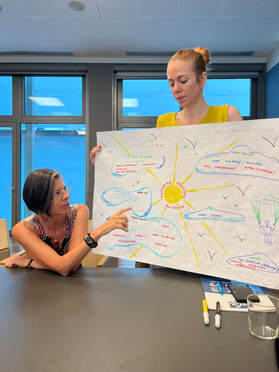 Not everyone considers creativity a skill. Some say it’s talent, some say you’re born differently, and we say that it’s something you can develop. Creativity is one of the 21st century skills, which are essential to have in order to succeed in these times. We dedicated this week to exploring, learning about, and developing these sets of skills, so we can teach the right competences to our students and create a space where they can also explore - and go beyond - their creative limits. The new edition of the course “Creativity for the future: promoting Critical Thinking and Problem-Solving in the classroom” took place in Bologna from 31/07/2022 to 06/08/2022. The participants came from all across Europe, with Patricia from Základná škola in Slovakia; Dushanka from "Josip Broz Tito" High School in North Macedonia; Lourdes from EOI Madrid-Jesús Maestr in Spain; Karen, Mark, and Ramona from The Archbishop's Seminary in Malta; Donika, Galya, Venera, and Silviya from 81 Secondary School Viktor Ugo in Bulgaria; Rosella, Carol, Janine, and Elise from St. Albert the Great College in Malta; Svetlana, Jelena, Jelena from Music school "Stevan Hristić'' in Serbia; and Dominika from YouNet in Italy. 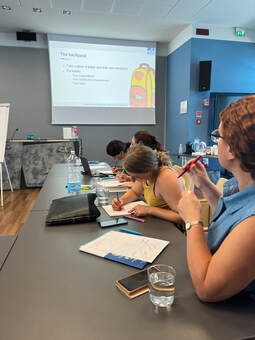 The group started the week off with presenting what expectations, fears, and contributions they brought in their backpacks. After establishing what the week is going to look like, we swiftly moved onto talking about key competences for living in the 21st century. Participants touched on the topic of learning and innovation skills, digital skills and also career and life skills, focusing their attention on the 4Cs: critical thinking, creativity, communication and collaboration. With a simple test, the group learned about divergent and convergent thinking. We engaged in some further activities to really explore the concept of lateral thinking - generating ideas via creative challenges, forcing connections between random concepts, and finishing off with Edward De Bono’s 6 Thinking Hats method. Through individual practice and peer review it became noticeable that this method can be used in any subject, from science to language learning, but also as a formative assessment tool, to encourage students to think outside the box. Moving to visual strategies, participants learned about the creative process through inspirational visual cards. The challenge was to explain each stage of the process with abstract art that they could find on the cards. Although everyone had the same task, we all picked different cards, and discovered that you can find meaning in anything - it just depends on the perspective. Later on we explored a digital tool that could be used to create visual maps, digital escape rooms, or just to explore a certain subject. A reflection on the importance of training students’ critical thinking skills was needed in a world where most of the time they are passively exposed to loads of (dis)information. Participants engaged in reasoning, questioning and debating activities that could be adapted to different classroom situations to help students become active and aware agents of their own learning. 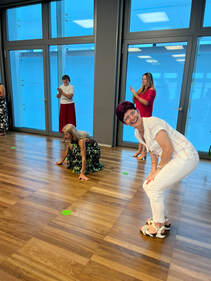 Critical thinking and generating ideas are incomplete without learning problem solving skills, so the last day was dedicated to exactly that. The group discovered that solutions to problems are usually simpler than we think with a little problem solving test. With a different activity, the participants had to work together to think of creative solutions whilst being stuck in a box of restrictions. The two teams came up with different strategies to tackle the challenge, both equally creative and strategic! The last task of the week was to come up with their own activity that they will use in the classroom. The group then later presented their ideas and collected valuable feedback from other participants and the trainer. Saying goodbye was difficult, but we were happy to leave the participants with a head full of ideas, and backpacks full of memories. Thank you for the inspiration, hope to see you again! Discover more about this course at: https://www.erasmustrainingcourses.com/creative-learning.html
|
Welcome to the ELA Blog. Here you will find articles and photos of our courses and have a look at the topics addressed during the week in Bologna, Palermo and Tenerife. You will also have the chance to take a peek at our projects and check out what we have been up to.
Archives
July 2024
Categories |
-
Course catalogue
- 2023-2024 course catalogue
- Soft Skills >
- ICT and New Technologies >
- Inclusion and Diversity >
-
Innovative Teaching Methods
>
- Innovative teaching methods discovery
- Non-formal education teaching methods
- Dual education and work-based learning
- Teaching leadership and entrepreneurship
- Project based learning
- Game based learning and gamification
- Green skills
- Outdoor education
- Outdoor education trekking edition
- Promoting creativity and critical thinking
- Languages and EU projects >
- Preschool >
- Erasmus Plus KA1
- What we do
- About us
- Locations
- Blog
- Contact us
 English
English български
български Čeština
Čeština Español
Español Français
Français ελληνικά
ελληνικά Italiano
Italiano Polski
Polski Português
Português Română
Română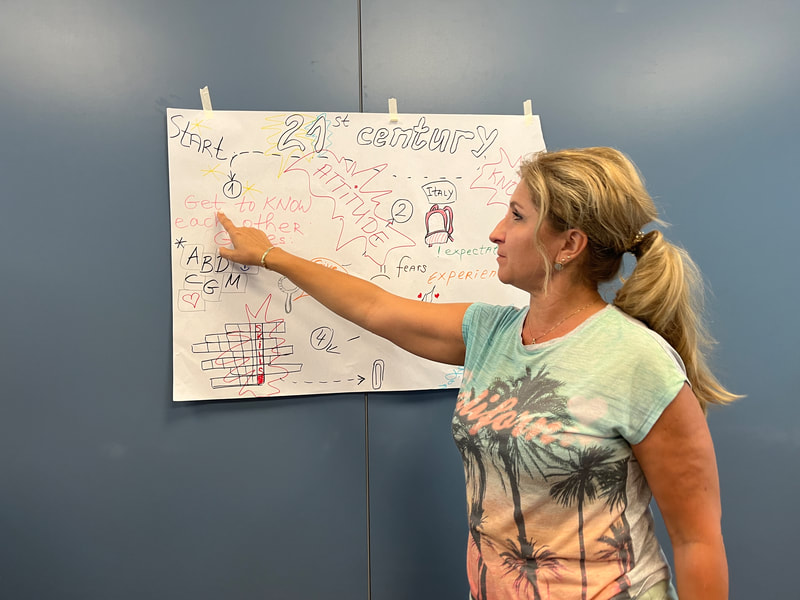
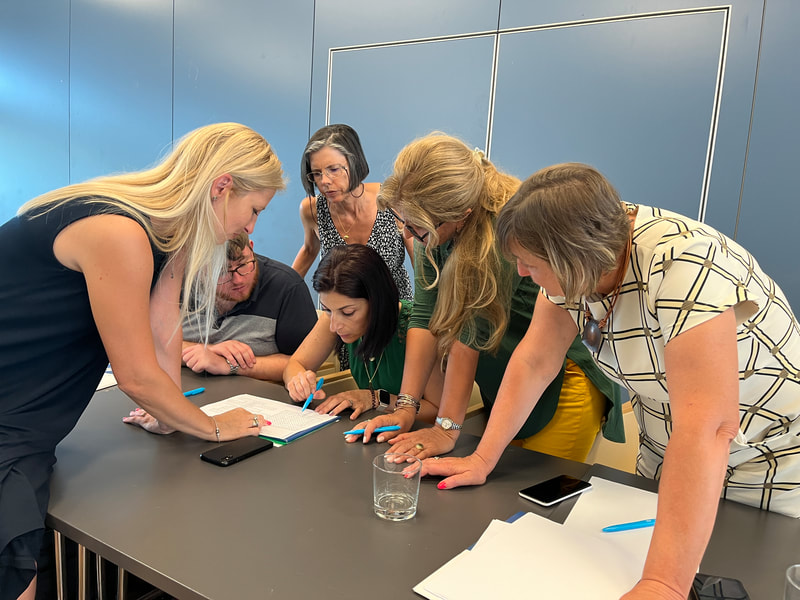
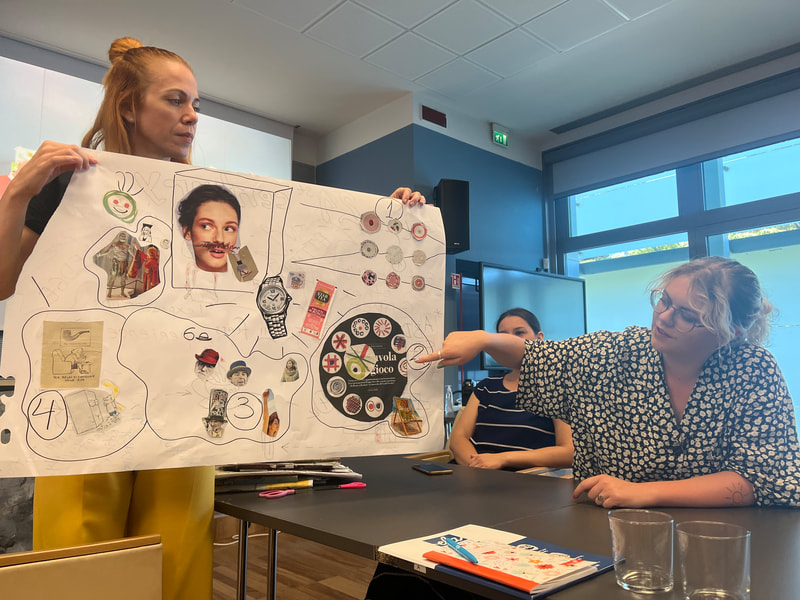
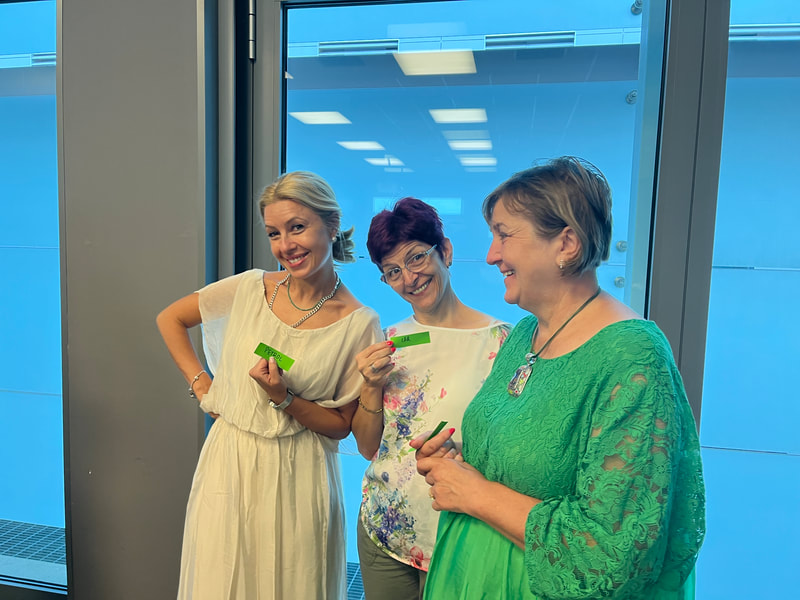
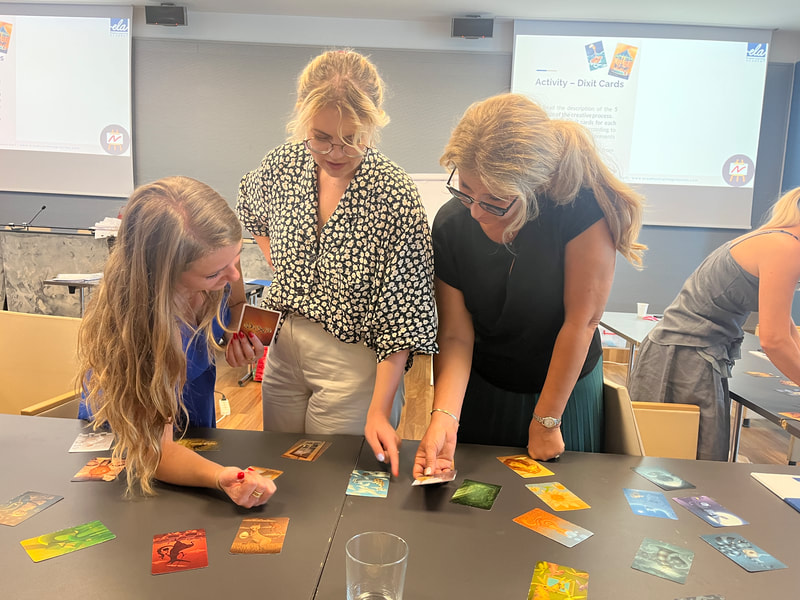
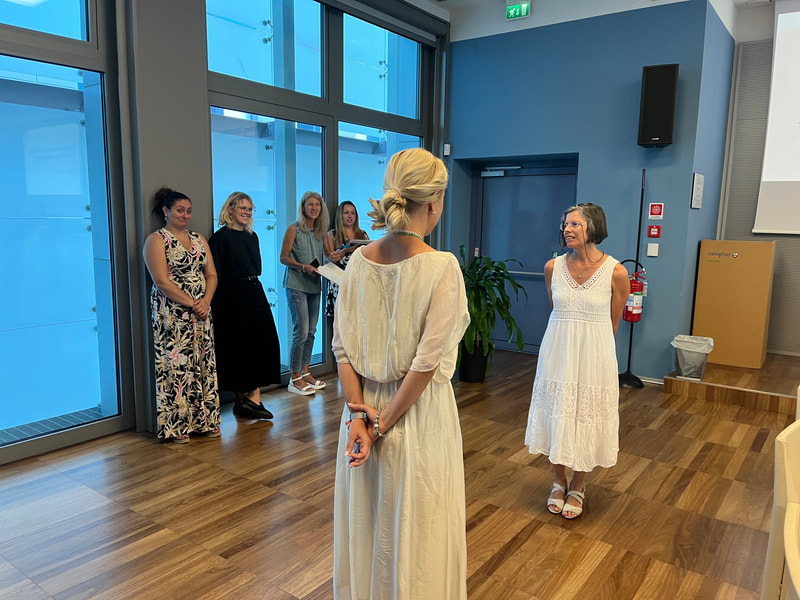
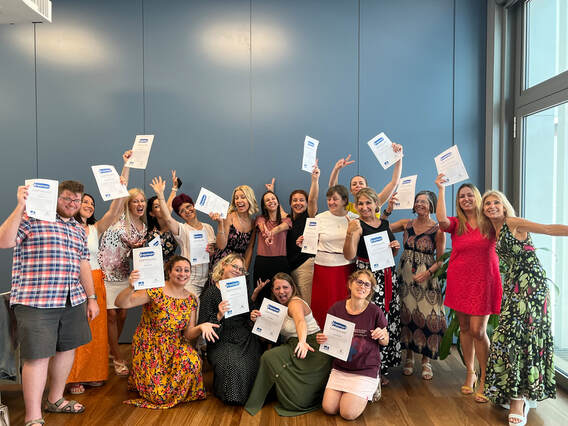
 RSS Feed
RSS Feed









